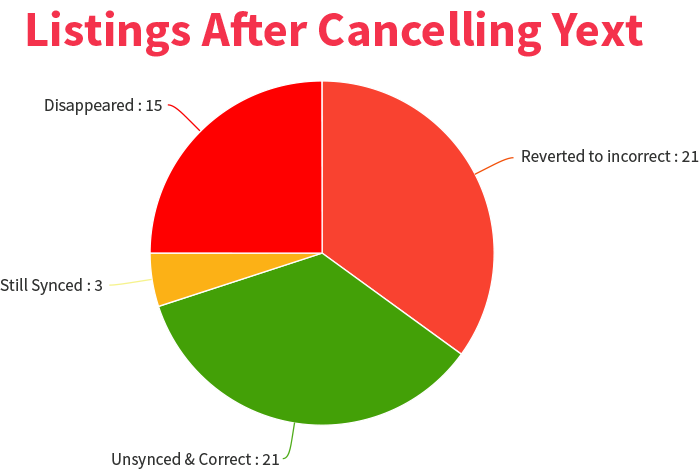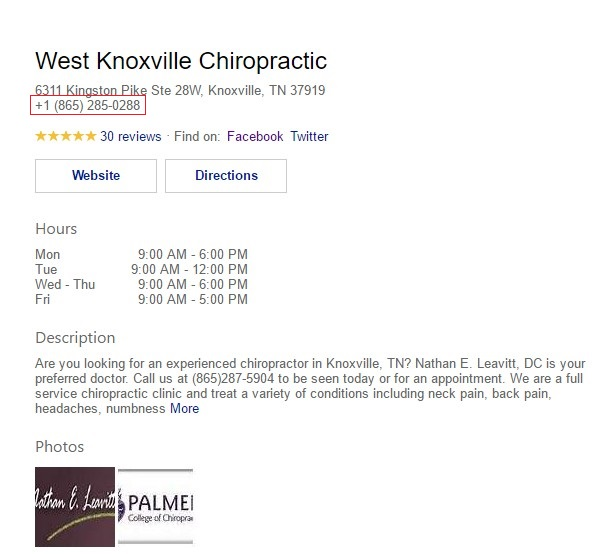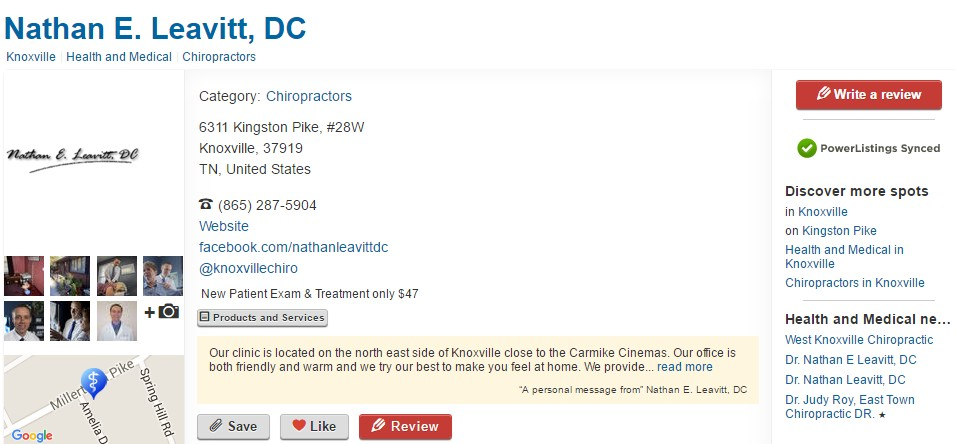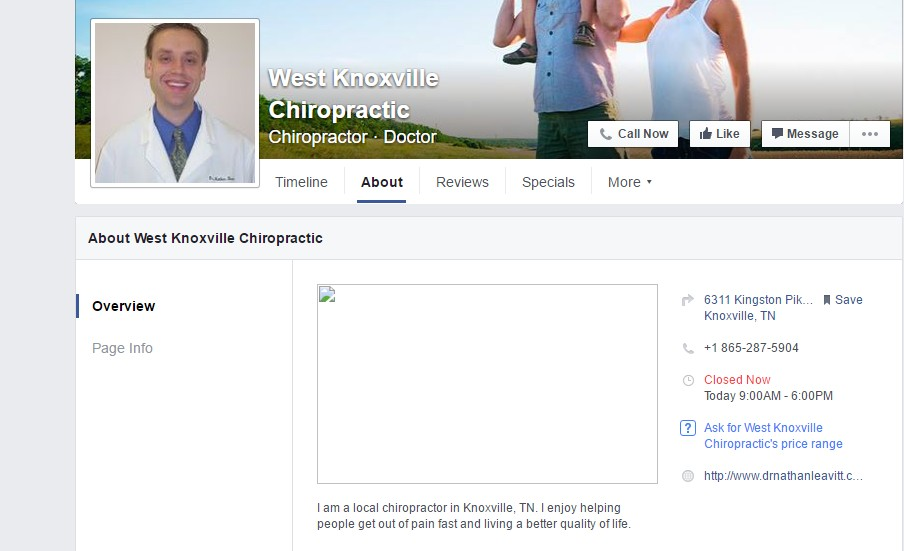- Joined
- Jun 3, 2015
- Messages
- 1
- Likes
- 0
- Degree
- 0
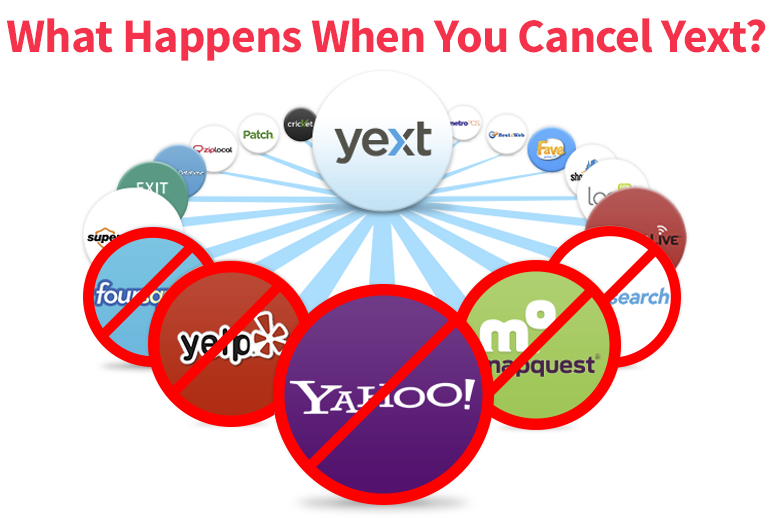
Great article from Nyagoslav Zhekov
Citations continue to be the bane of the existence of digital marketing agencies and businesses alike. The heavily manual and time-consuming character of the work have been the main problems people encounter when trying to resolve local citation related issues. Citation inconsistency has been cited as both the most commonly encountered issue affecting local search rankings, and a foundational element of local SEO. This is one of the main reasons why automated solutions have been popular in the industry ever since the era of UBL. However, most (if not all) of the automated solutions suffer from a few shortcomings that are difficult to resolve in a non-manual manner. A few examples of when automated solutions don’t do the best job include:
- Messy citation footprint cases, the result of prior changes to the business name, business address, or business main phone number (or any combination of these);
- Complicated cases with practice-practitioner types of businesses (lawyers, doctors, dentists, chiropractors, real estate agents, insurance agents).
This article focuses on what happens when a business cancels their Yext subscription after they have been subscribed to Yext for at least a few months. I completed a similar case study about 3 years ago, and I felt it was time to follow up and see what improvements and changes have since been integrated into the automated model. We offer citation services at Whitespark, and so naturally, we are going to be biased in our approach, but we have tried to be as empirical as possible with this case study. Our intention is to analyse the data and simply present the facts of this specific case.
Case Study Background Details
We were working with a chiropractor that had an active Yext subscription, but no longer needed it since we were undertaking a comprehensive manual audit and cleanup project. So, it was the perfect opportunity to do a detailed audit of the business’ citations before cancelling the Yext subscription, and again afterward, so that we could see the before and after, and understand how the listings changed when Yext was cancelled.
Business Name: West Knoxville Chiropractic
Address: 6311 Kingston Pike #28W, Knoxville, TN 37919
Phone: 865-287-5904
Case Study Timeline:
- May 6, 2016: we completed a detailed citation audit on the most important citation sources
- May 13, 2016: the Yext subscription expired
- May 14, 2016: we completed another round of citation audit on the same citation sources
- May 27, 2016: we completed a second post-expiry citation audit
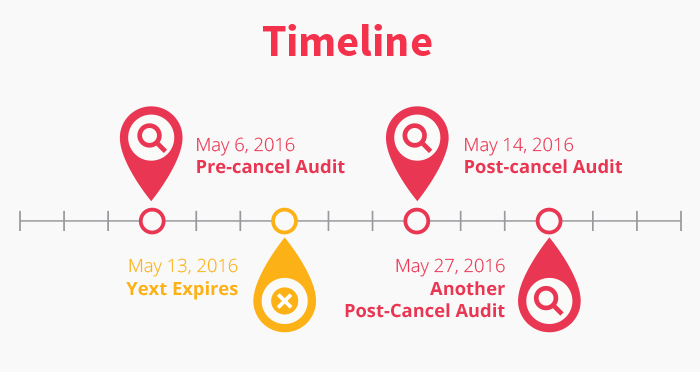
Observations
Out of the 60 listings that Yext reported as synced during the active subscription, this is what we saw happen after the Yext subscription expired.
Last edited by a moderator:

